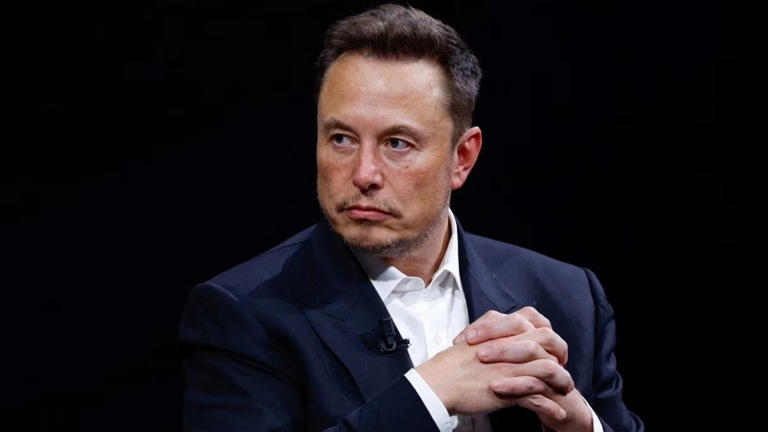Elon Musk’s X Sues Indian Government Over Alleged Misuse of IT Act to Block Content
Elon Musk’s X, formerly known as Twitter, has reportedly taken legal action against the Indian government, challenging the way it enforces Section 79(3)(b) of the Information Technology (IT) Act. According to a report by Hindustan Times, X has filed a petition in the Karnataka High Court, arguing that authorities in India are bypassing proper legal channels and setting up an unconstitutional system to block content on the platform. The company claims that this misuse of the IT Act is leading to unlawful censorship, affecting its business operations and user trust in India.
Under the IT Act, digital platforms like X are granted legal protection, known as “safe harbour,” which shields them from liability for content posted by users. However, this protection is contingent on their compliance with government directives to remove or block content when instructed. X reportedly contends that Section 79(3)(b) does not grant the government independent powers to block content, and that authorities are misusing it to bypass the more structured and judicially reviewed process outlined in Section 69A of the IT Act.
Section 69A, as reinforced by India’s Supreme Court in the 2015 Shreya Singhal judgment, provides a defined legal framework for blocking content. It ensures that blocking orders are issued only for specific reasons, such as protecting national security, and requires a review mechanism. In contrast, X argues that Section 79(3)(b) lacks such safeguards, allowing authorities to censor content arbitrarily without adequate oversight. The company has raised concerns that this unchecked power could lead to widespread censorship and suppression of free speech on its platform.
Furthermore, X has opposed the Indian government’s directive to join Sahyog, a portal managed by the Indian Cyber Crime Coordination Centre (I4C), which is used to issue blocking orders under Section 79(3)(b). The company has described Sahyog as a “Censorship Portal,” asserting that there is no legal basis for its creation or for forcing digital platforms to appoint special officers to comply with its orders. X has stated that it already follows the existing rules under the 2021 IT Guidelines, which require platforms to appoint grievance and compliance officers, making additional compliance unnecessary.
According to the report, during a hearing on March 17, Justice M Nagaprasanna advised X to return to the court if the government took any serious action against it. The government, for now, has assured that no punitive measures have been taken against X for refusing to join the Sahyog portal. However, X has accused the Ministry of Electronics and Information Technology (MeitY) of encouraging various government bodies, including ministries, state governments, and police forces, to create a parallel mechanism for blocking content. As evidence, the company cited blocking orders issued by the Railways Ministry in February 2024, further supporting its claims of procedural violations.
X argues that arbitrary blocking orders are not only a violation of legal norms but also detrimental to its business in India. The platform relies on users’ ability to share lawful content freely, and it fears that excessive and unjustified restrictions will erode user trust and engagement. The ongoing legal battle underscores broader concerns over internet freedom, government overreach, and the regulation of online content in one of the world’s largest digital markets.
For video news on this topic, visit our YouTube channel THE OLIGO.

